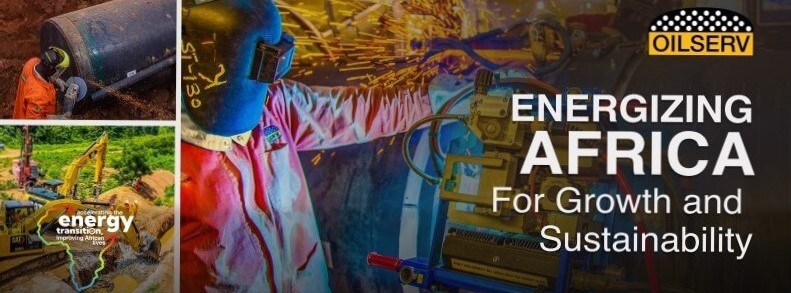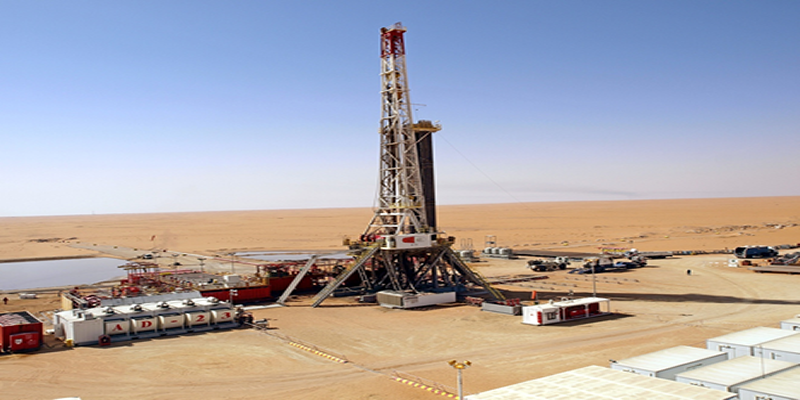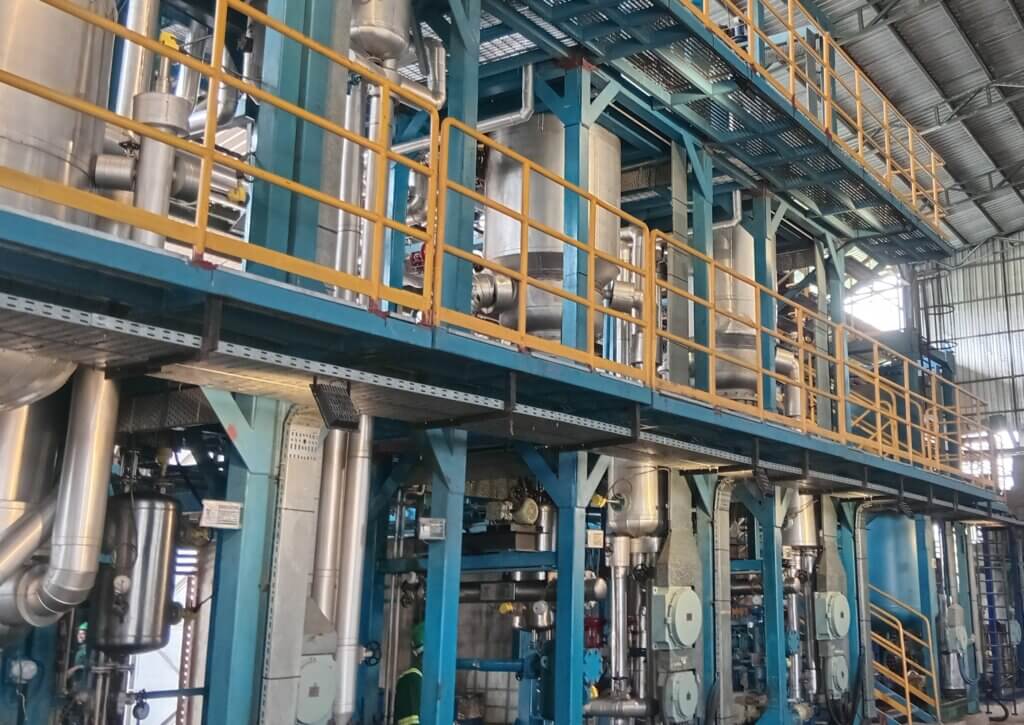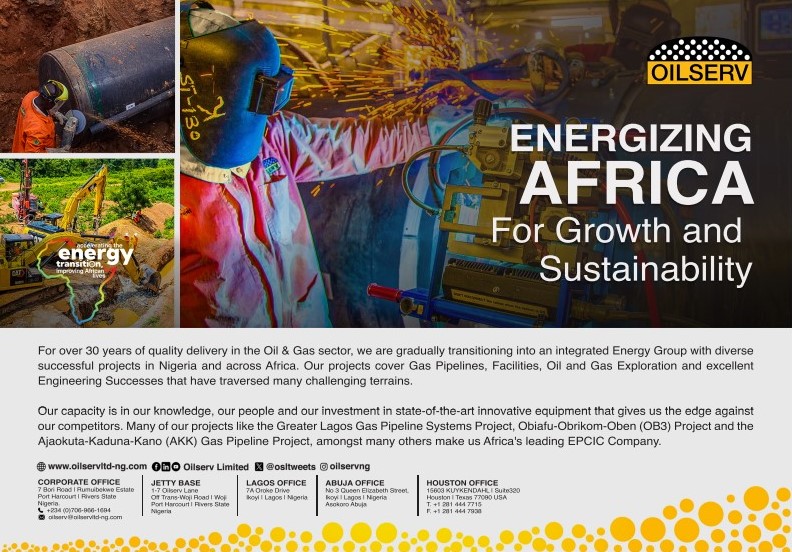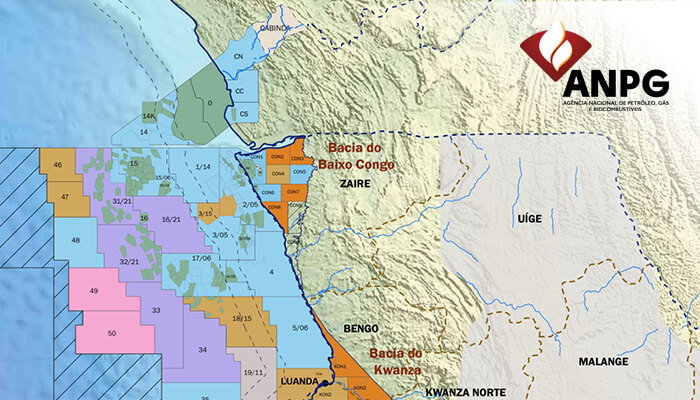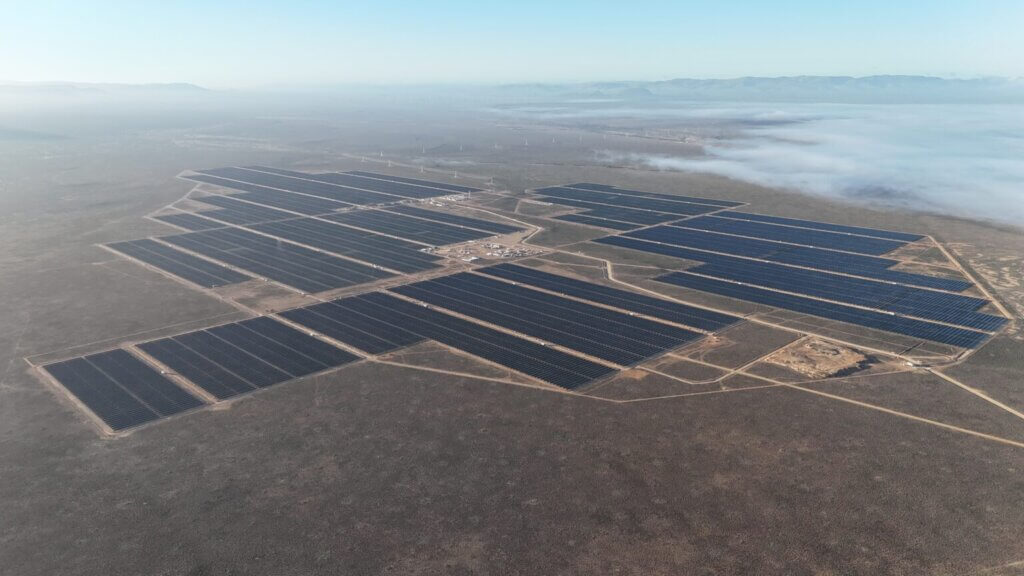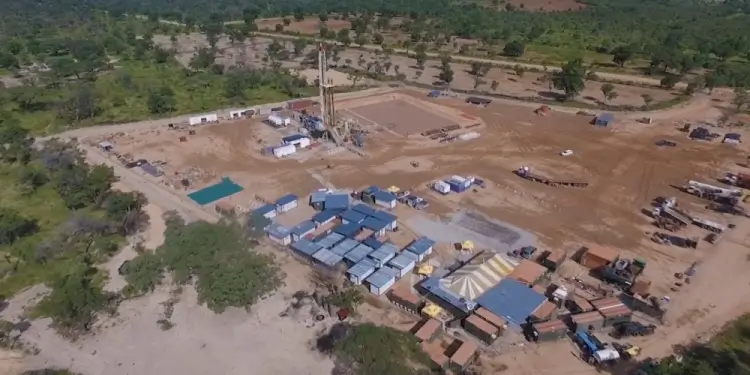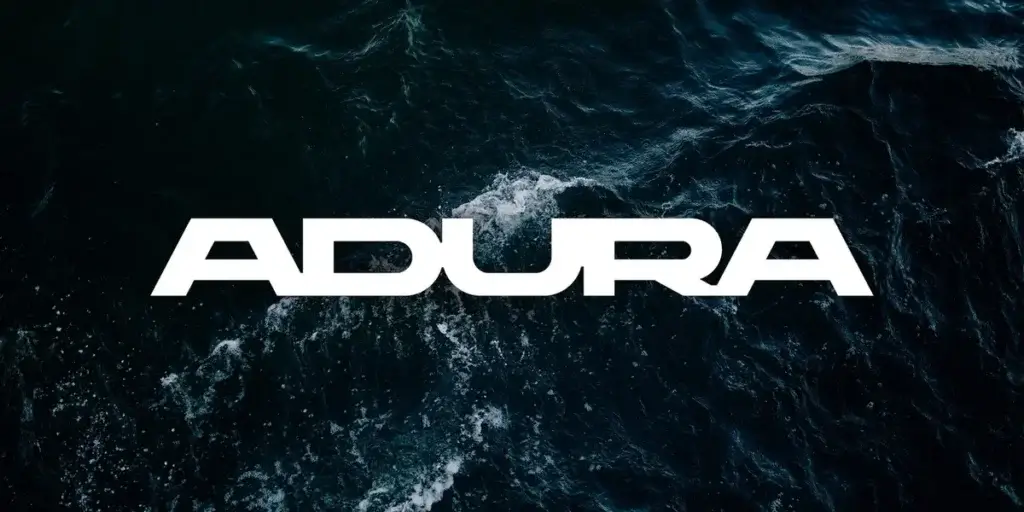
Brent blend is a light crude oil (LCO), though not as light as West Texas Intermediate (WTI). It contains approximately 0.37% of Sulfur, classifying it as sweet crude, yet not as sweet as WTI. It is typically refined in Northwest Europe. WTI has a sulfur content of 0.24%. The lower the sulfur content of oil, the easier it is to refine, making it more attractive. Sulfur content below 0.5% is considered sweet. WTI is ideal for gasoline whereas Brent is ideal for diesel.
West Texas Intermediate (WTI) crude oil is a specific grade of crude oil and one of the main three benchmarks in oil pricing, along with Brent and Dubai Crude. WTI is known as light sweet oil because it contains 0.24% sulfur, making it “sweet,” and has a low density, making it “light.” It is the underlying commodity of the New York Mercantile Exchange’s (NYMEX) oil futures contract and is considered high-quality oil that is easily refined.
- West Texas Intermediate (WTI) is a crude oil that serves as one of the main global oil benchmarks.
- It is sourced primarily from Texas and is one of the highest quality oils in the world, which is easy to refine.
- WTI is the underlying commodity for the NYMEX’s oil futures contract.
- WTI is often compared to Brent crude, which is the oil benchmark for two-thirds of the world’s oil contracts.
Brent Crude was originally produced from the Brent oilfield in UK. The name “Brent” comes from the naming policy of Shell UK Exploration and Production, operating on behalf of ExxonMobil and Royal Dutch Shell, which before now named all of its fields after birds (in this case the Brent goose).
WTI is the main oil benchmark for North America as it is sourced from the United States, primarily from the Permian Basin. The oil comes mainly from Texas. It then travels through pipelines where it is refined in the Midwest and the Gulf of Mexico. The main delivery and price settlement point for WTI is Cushing, Oklahoma.
The Cushing delivery system consists of 24 pipelines and 15 storage terminals. The hub has 90 million barrels of storage capacity and accounts for 13% of U.S. oil storage. The inbound and outbound capacity is 6.5 million barrels a day. Cushing is known as “The Pipeline Crossroads of the World.”
Bonny Light oil is a high grade of Nigerian crude oil with high API gravity (low specific gravity), produced in the Niger Delta Basin and named after the prolific region around the city of Bonny.
The very low Sulfur 0.16% content of Bonny Light crude makes it a highly desired grade for its low corrosiveness to refinery infrastructure and the lower environmental impact of its byproducts in refinery effluent.
Qua Iboe crude oil, Brass Rivers crude oil, and Forcados crude oil are other grades of Nigerian crude oil named according to the area of production. The Cabinda crude oil is a common grade of crude oil produced in Angola.
The Bonny Light is in high demand specifically by American and European refineries basically owing to its non corrosive nature to refinery plants.
An Oil Benchmark
Petroleum production from Europe, Africa, and the Middle East flowing West tends to be priced relative to this oil, i.e. it forms a benchmark. The significance of a benchmark in the oil market is that benchmarks serve as a reference price for buyers and sellers of crude oil. Oil benchmarks are frequently quoted in the media as the price of oil. Though Brent crude and WTI crude are the most popular benchmarks, their prices are often contrasted. The difference in price between Brent and WTI is called the Brent-WTI spread.
WTI is not the most commonly used benchmark globally, that honor goes to Brent, where two-thirds of oil contracts globally use Brent as a benchmark. Both, however, are considered high-quality oils and are therefore the two most important oil benchmarks in the world. Theoretically, WTI crude should trade at a premium to Brent crude, given the quality, but this is not always the case. While the two crude oil varieties can trade at similar price points, each one has its own unique supply and demand market, and therefore its price reflects its individual market fundamentals.
Since the shale boom in the U.S., which resulted in a production increase of WTI, the price of WTI has gone down and usually trades at a discount to Brent. Furthermore, transporting WTI overseas to Brent crude’s market could come at a cost that would make WTI unable to compete with Brent crude in terms of pricing.
The other well-known classifications (also called references or benchmarks) are the OPEC Reference Basket, Dubai Crude, Oman Crude, Shanghai Crude, Urals oil.













